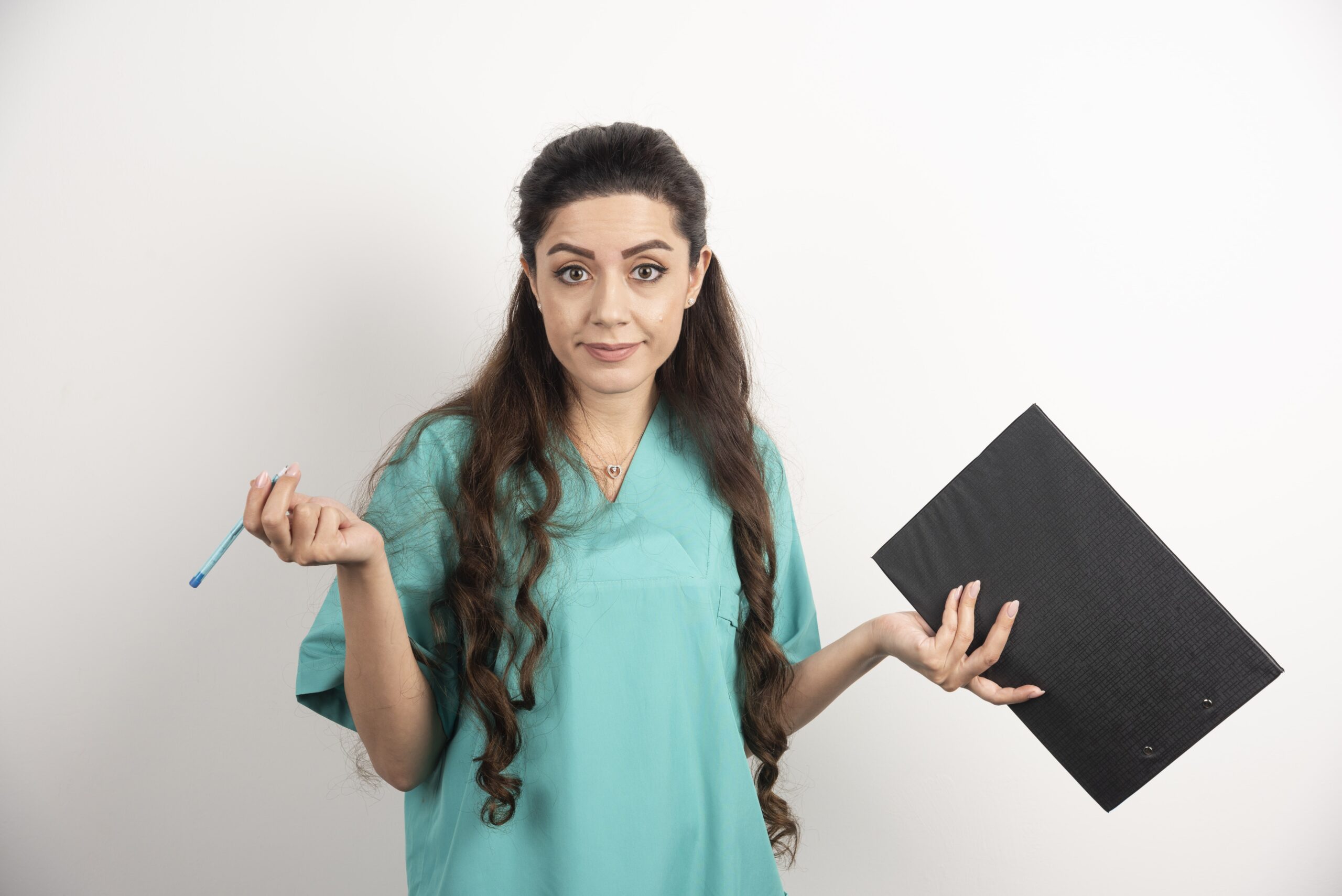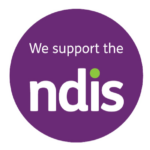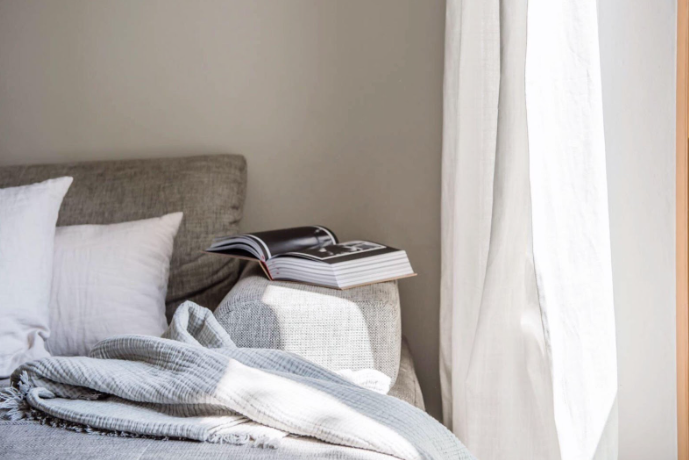
- Absorbent Pads and Pants: These are worn inside regular underwear or as standalone garments to absorb urine or feces, keeping the skin dry and preventing irritation.
- Catheters: Thin tubes inserted into the bladder to drain urine directly into a bag, often used by individuals with severe mobility issues or those who cannot control bladder function.
- Condom Catheters: Specifically for men, this device fits over the penis and collects urine in a bag attached to the leg.
- Commode Chairs: Portable toilet chairs beneficial for individuals with limited mobility, allowing them to use the toilet more conveniently, especially at night.
- Protective Bedding: Mattress protectors and absorbent bed pads that keep the bed dry and clean, reducing the need for frequent linen changes.
- Skincare Products: Special creams, wipes, and washes designed to protect the skin from irritation and infection due to prolonged exposure to moisture.
- Assessment and Planning
- Including Continence Aids in the NDIS Plan
- The Role of Support Coordinators
- Understanding the NDIS plan: They help participants understand their plan and what funding is available for continence aids.
- Selecting Suppliers: Coordinators help participants choose registered NDIS providers or suppliers that offer a wide range of products and provide ongoing support and advice.
- Managing Orders: Support coordinators ensure that orders are placed regularly and that the participant does not run out of essential supplies. They also assist with troubleshooting any issues with suppliers.
- Managing Funding and Orders






